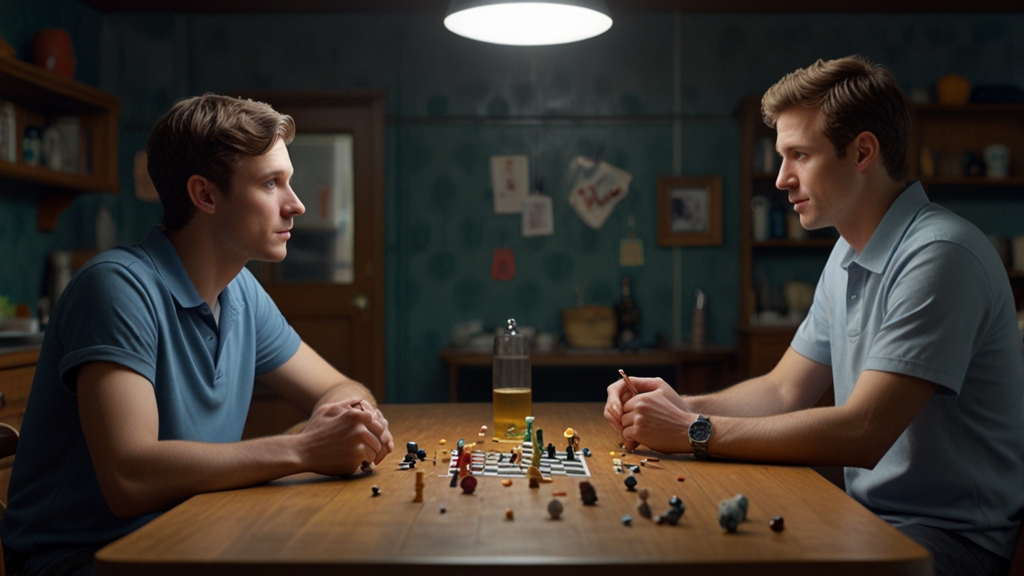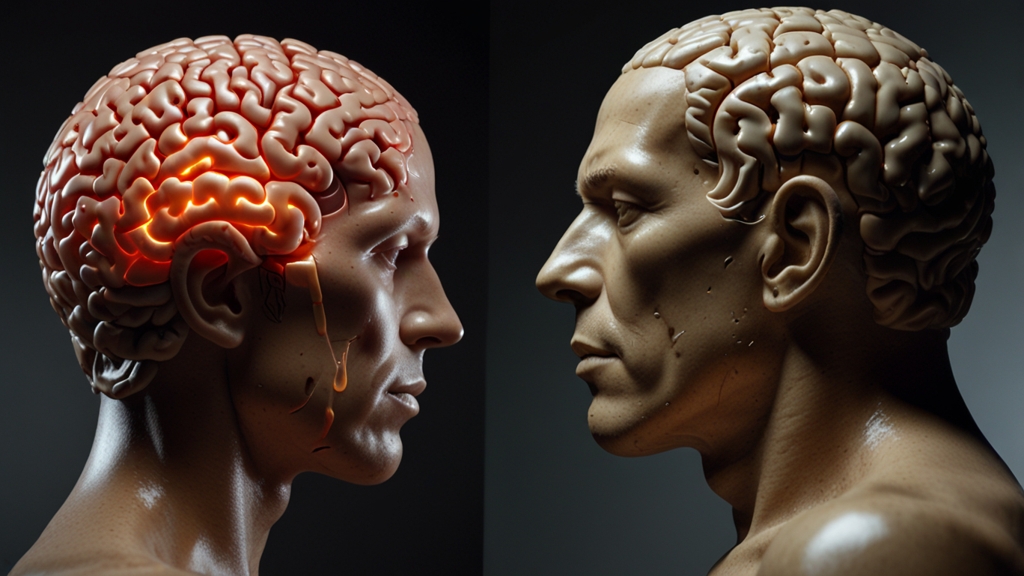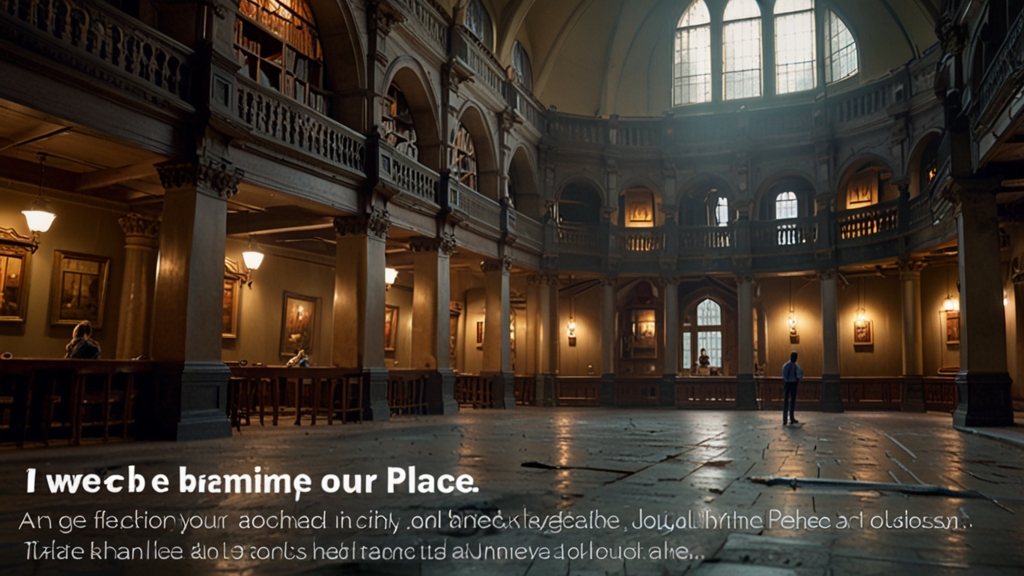Riddles That Turn Friends into Foes and Vice Versa
Riddles have a curious power to bring people together, but they can also inadvertently spark competition and tension. Whether it's a brain teaser during a social gathering or a challenging puzzle in an escape room, riddles can quickly shift the dynamics of relationships.
The Dual Nature of Riddles
At their core, riddles are a form of mental exercise, designed to intrigue and challenge. They're usually crafted to make you think outside the box, requiring a blend of logic, creativity, and sometimes, pure intuition. It's precisely this complexity that makes them such a potent social tool.
How Riddles Foster Friendship
When friends collaborate to solve a difficult riddle, they share in the triumph and satisfaction of overcoming a mental hurdle together. It's a bonding experience that can enhance mutual respect and understanding. For instance, in an escape room scenario, the urgency and necessity of teamwork can strengthen relationships:
"Working together to crack the code, we realized just how much we rely on each other's unique skills. It was a moment of collective triumph that brought us closer than ever."
Moreover, riddles can serve as icebreakers in social settings. A cleverly posed question can prompt conversations, provide entertainment, and create memorable experiences. In this context, the riddle transforms from a simple question to a tool for social cohesion.
When Riddles Lead to Rivalry
However, riddles also have a darker side when competition overshadows cooperation. The very challenge that makes riddles engaging can also provoke frustration and rivalry. This is especially evident in competitive environments where the pressure to outsmart others can lead to negative social interactions.
"I remember that one night; we were all trying to solve this convoluted brain teaser. Instead of bringing us together, it turned into a heated argument. We were so intent on being the one to solve it first that we lost sight of the fun."
In such cases, the drive to 'win' or to be seen as the smartest in the room can strain friendships. A normally jovial atmosphere can quickly turn sour, leaving lingering feelings of resentment and competitiveness.
Riddles as Learning Experiences
Despite their potential to create friction, riddles can be invaluable for character development. They offer a chance to practice patience, develop problem-solving skills, and cultivate resilience. The emotional journey of grappling with a tough riddle—experiencing both highs and lows—can teach important lessons about how we interact with others.
For parents and educators, riddles are excellent tools for teaching children how to think critically and work collaboratively. When used wisely, they can instill a sense of curiosity and a love for learning that extends beyond the classroom.
Navigating the Social Dynamics of Riddles
To harness the positive aspects of riddles while minimizing potential conflicts, it's essential to foster an environment of collaboration rather than competition. Encourage shared victories and celebrate the collective effort instead of individual accolades.
When introducing riddles in social settings, frame them as opportunities for group problem-solving. Avoid turning it into a contest, and instead focus on the learning and bonding experience.
Conclusion
Riddles are a fascinating paradox. They can turn friends into foes just as easily as they can turn foes into friends. The outcome largely depends on how they are introduced and the social context in which they are posed. By fostering a collaborative spirit and celebrating collective achievements, the tension and rivalry often associated with riddles can be mitigated, transforming them into powerful tools for building stronger, more resilient social bonds.














